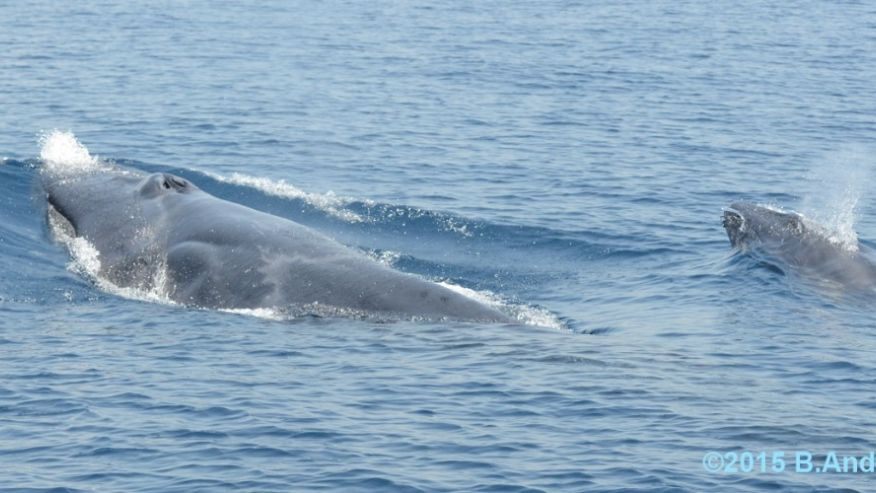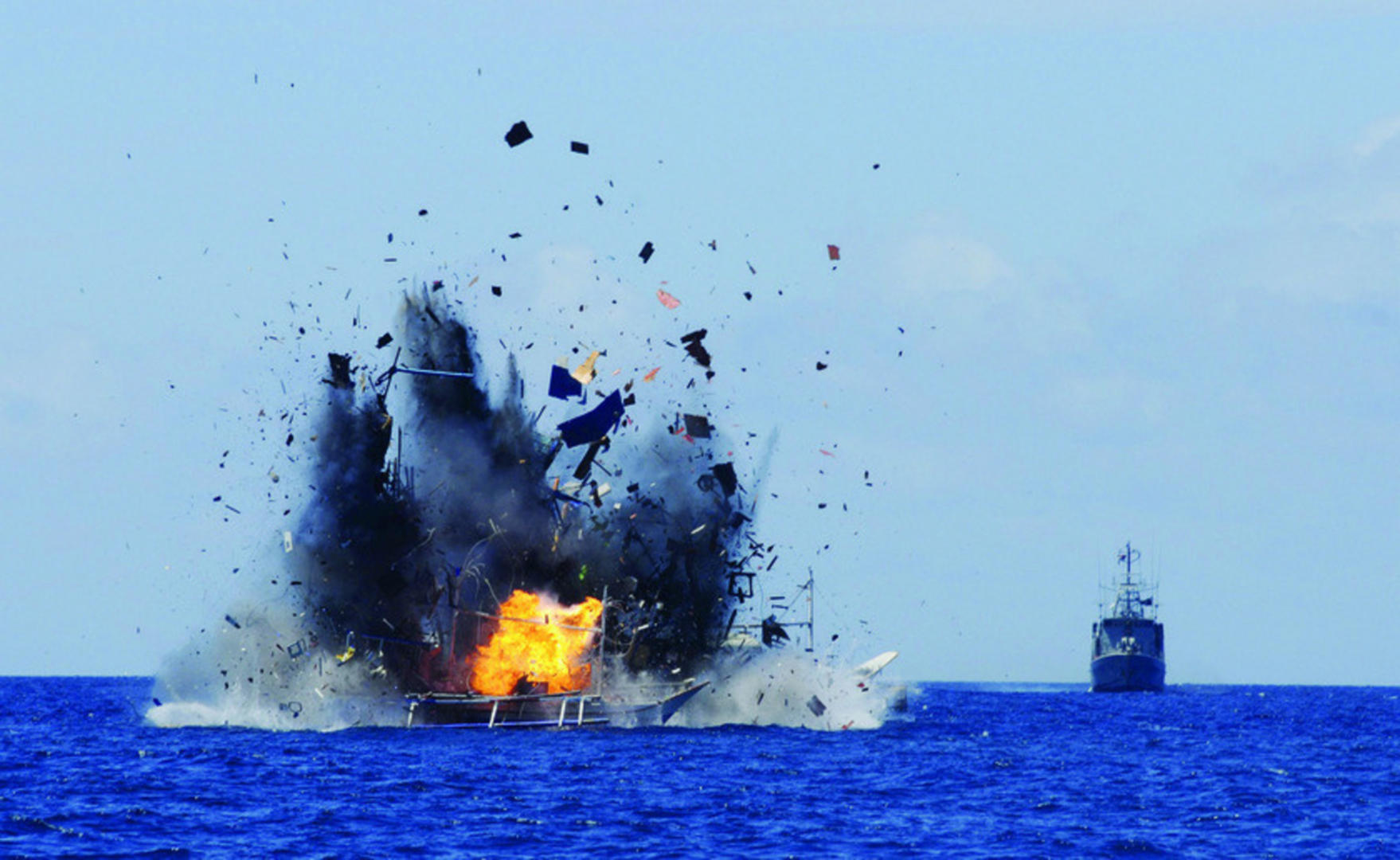On February 20th, Fiji was hit by the category five system named Cyclone Winston. Although the entire country has been impacted, Fiji’s remote communities on the outer islands are in dire conditions. Individuals on the islands are in need of food, water, and emergency shelter. According to a Suva-based rec Cross aid worker, ” up to 90 per cent of the houses have been destroyed”. The United Nations estimates that 120,000 Fijians are in urgent need of shelter and Fiji’s National Disaster Management Office (NDMO) has established 960 evacuation centers. Read more…
Interested in directly helping the victims? Help us get 100% of your donation directly into the hands of families in need. You donate and all of the funds go to our partners in Fiji for distribution. All donations are tax deductible. Donate here
Current Partners:
Nai’a – Dive Fiji & Beyond
Worldwide Dive and Sail
Yes, this is a very shocking and grim headline. This week, a study was published in the journal The Lancet revealing that climate-related impacts on agriculture could create some drastic public health issues. Climate change has the potential of inducing an overall global decline in food availability which would lead humans to eat less produce and meat. The researchers, led by Marco Springman of Oxford University’s Oxford Martin Programme on the Future of Food, developed a model to simulate the effects of climate change on food production and consumption. Assuming the sever climate change scenario, the dietary changes would translate to about 529,000 deaths that would not have occurred if there were no climate change. To read the full details of the study, click here…
Last week, Indonesia reported that they had sunk 30 impounded foreign and local fishing boats. The fisherman on these boats were caught illegally fishing in Indonesian waters. Among the 30 vessels, 11 were from Vietnam, 8 from Malaysia, 7 from the Philippines, and 3 from Indonesia. So far, Indonesia has scuttled 151 vessels for illegal operations. Read more…
 Salvatore Cerchio, scientist at the New England Aquarium, went to Madagascar more than a decade ago to study coastal dolphins. To his surprised, his research plans changed and shifted to studying the rare Omura’s whale. Cerchio has studied the feeding and breeding behavior of these mammals. Cerchio remarks on these unique whales stating, ” they spend their entire lives in the tropics, That is really unusual and special because the tropics are difficult to make a living in…The fact we are seeing them feeding- and getting data on what they are feeding on – is a great opportunity to learn about an ecosystem and how the species fits into that ecosystem”. Read more…
Salvatore Cerchio, scientist at the New England Aquarium, went to Madagascar more than a decade ago to study coastal dolphins. To his surprised, his research plans changed and shifted to studying the rare Omura’s whale. Cerchio has studied the feeding and breeding behavior of these mammals. Cerchio remarks on these unique whales stating, ” they spend their entire lives in the tropics, That is really unusual and special because the tropics are difficult to make a living in…The fact we are seeing them feeding- and getting data on what they are feeding on – is a great opportunity to learn about an ecosystem and how the species fits into that ecosystem”. Read more…
5. What the Deepest Spot in the Ocean Sounds Like

The Mariana Trench is the deepest part of the world’s ocean. Scientists recently released a study about the sound at that extreme depth. You may imagine that the Mariana Trench is an eerily silent location but, it is actually quite noisy. The team of scientists from the National Oceanic and Atmospheric Administration, Oregon State University, and the US Coast Guard spent three weeks listening to the area. They sent a hydrophone down to Challenger Deep and heard sounds of ships, whales, and an earthquake! Read more…
Be sure to “LIKE” http://facebook.com/SeaSave to ensure our “Week in Review” is delivered to your newsfeed every Thursday.






